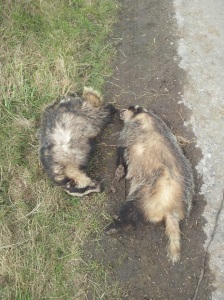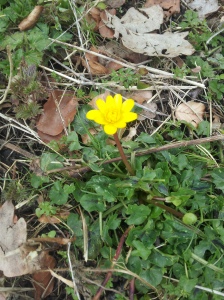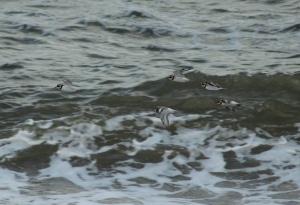Well it’s been a roller-coaster of a fortnight for me! I’m now back in gainful employment, working as a Research Assistant for the RSPB where amongst other things I realised how much fitness I’ve lost over the winter (the answer: a lot!). Today I heard the angering news that the vote to end spring hunting in Malta had failed, 51% of the voting public said ‘Yes’ the wanted to keep spring hunting and thus consigning the Turtle Dove to the annals of history. Malta is very dear to my heart and I spend two weeks volunteering every September monitoring the illegal hunting and bird migration.
However what I want to write about today is the subject of badgers. A few days before I started my new contract I decided to go birding at a local heronry, where herons have nested in trees since time immemorial. I got lost though, I took a wrong turn and ended up on the wrong road. To get on to the correct road I turned onto the next country lane which I knew would take me to the right place. However not long after I had taken this road I came across a dead badger on the side of the road. Actually hold on a minute, it was two dead badgers of the side of the road. I quickly double checked my mirror and it was confirmed. Two dead badgers at the side of the road. I stuck my car in reverse and parked just behind the two brocks.

So what a curious sight. The two badgers had clearly been placed next to each other, nose to tail and facing each other. There was no sign of them being run over, no obvious broken limbs and they were obviously not squished. It was clear that crows had got to them before I had. It looked terribly suspicious. I had some idea about what to do, being both an amateur and now a professional conservationist I tried to get in contact with as many channels as possible. First, the Badger Trust who told me to ring the local Cheshire representative. I did so but it just rang out but I left a message. Next I rang the Cheshire Wildlife Trust, again it just rang out. I then rang a friend who works for the Wildlife Trust who was eager to help. She told me that the Wildlife Crime Officer from Cheshire Police was eager for people to report any suspected wildlife crime, badgers in particular. I rang the police. I got put through to Nantwich station, no use, Nantwich is 50 miles away. I tried again. I got through to Macclesfield (bingo! 3 miles). They said it wasn’t a police matter and I try the RSPCA. I’ll write that again. It wasn’t a police matter. The police who are keen for people to report wildlife crime. It wasn’t a police matter.
In the meantime the Badger Trust rep had left a message. She lived in Warrington so could do little to help. I explained the situation, she agreed it sounded suspicious, was hacked off at the police but said it was typical. She did give a more local member of the Badger Trust who lived close by, I rang her, she wasn’t in but left a message telling her where the badgers were. The RSPCA were really helpful. They wanted all the details, including my location, the description of the badgers etc etc. They said an officer would be out shortly. I got a call 20 minutes later. The officer probably wouldn’t be there until after dark. I reluctantly left the scene having promised to give copies of the photographs I took to the RSPCA.
And that’s where the trail runs cold. Not heard a thing since. Not from the RSPCA, the police, the local Badger Trust member. Nothing. No idea what happened to the badgers, whether it was foul play or just a really odd coincidence that two badgers died at the same spot at the same time. It seems that everyone is working against each other.
So we are told to do our bit for wildlife crime. Volunteer our time if we see something awry. We are told that if we see a dead badger report it to the Badger Trust so they can remove it and thus remove clues to the nearest sett. We are told to report any suspected crime to authorities. On my experience it seems like we’re crying against the wind. At the moment I’m not entirely sure if me calling the authorities made a blind bit of difference.


